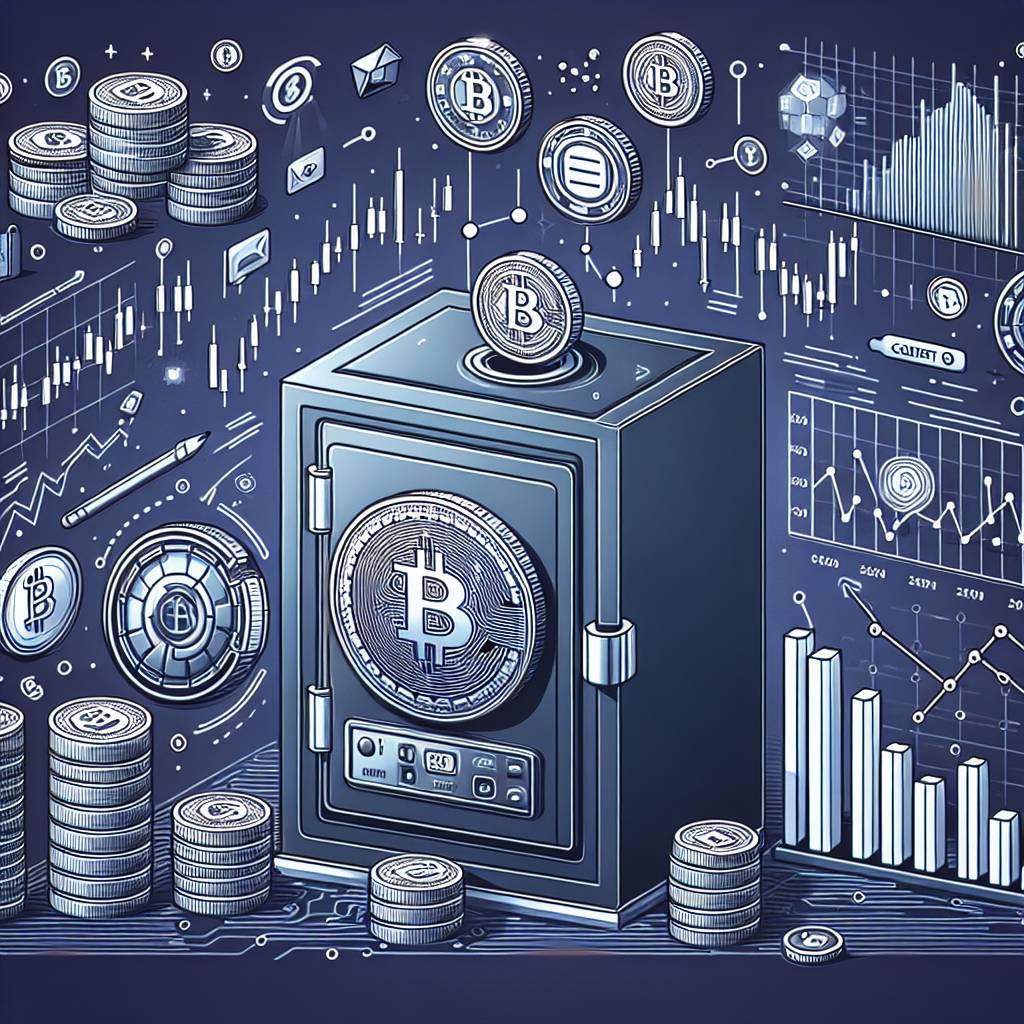How can I protect my digital assets when trading in the cryptocurrency market?
As a cryptocurrency trader, I want to ensure the safety of my digital assets. What are some effective strategies to protect my assets when trading in the cryptocurrency market?

3 answers
- One important strategy to protect your digital assets when trading in the cryptocurrency market is to use a hardware wallet. Hardware wallets are physical devices that store your private keys offline, making it much more difficult for hackers to access your assets. By keeping your private keys offline, you reduce the risk of them being compromised by malware or phishing attacks. Additionally, hardware wallets often have built-in security features, such as password protection and encryption, further enhancing the security of your assets. Another strategy is to use two-factor authentication (2FA) for your cryptocurrency exchange accounts. 2FA adds an extra layer of security by requiring you to provide a second form of verification, such as a code generated by a mobile app or sent to your phone via SMS, in addition to your password. This makes it much more difficult for unauthorized individuals to gain access to your accounts, even if they manage to obtain your password. It's also important to be cautious when choosing a cryptocurrency exchange. Look for exchanges that have a strong reputation for security and have implemented robust security measures, such as cold storage for customer funds and regular security audits. Additionally, consider using decentralized exchanges, which allow you to retain control of your private keys and reduce the risk of your assets being held on a centralized platform that could be vulnerable to hacking. Overall, protecting your digital assets when trading in the cryptocurrency market requires a combination of offline storage, strong authentication methods, and careful selection of exchanges. By implementing these strategies, you can significantly reduce the risk of your assets being compromised.
 May 14, 2022 · 3 years ago
May 14, 2022 · 3 years ago - When it comes to protecting your digital assets in the cryptocurrency market, one of the most important things to remember is to never share your private keys with anyone. Your private keys are like the keys to your safe, and if someone else has access to them, they can easily steal your assets. Keep your private keys secure and never share them, not even with friends or family. Another important aspect of asset protection is to regularly update your software and use reputable antivirus and anti-malware programs. Hackers are constantly finding new ways to exploit vulnerabilities in software, so it's crucial to keep your systems up to date to prevent unauthorized access to your assets. Additionally, consider diversifying your cryptocurrency holdings across different wallets and exchanges. This way, if one wallet or exchange is compromised, you won't lose all of your assets. It's also a good idea to regularly check the security measures implemented by the exchanges you use and choose those that prioritize the safety of customer funds. Lastly, be cautious of phishing attempts and suspicious links. Hackers often use social engineering techniques to trick users into revealing their private keys or login credentials. Always double-check the URLs of websites you visit and be wary of unsolicited emails or messages asking for personal information. By following these strategies, you can significantly enhance the security of your digital assets when trading in the cryptocurrency market.
 May 14, 2022 · 3 years ago
May 14, 2022 · 3 years ago - As a representative of BYDFi, I would like to emphasize the importance of using decentralized exchanges (DEX) to protect your digital assets. Unlike centralized exchanges, DEX allows you to retain control of your private keys, reducing the risk of your assets being held on a vulnerable platform. Additionally, DEX often have built-in security features and protocols that prioritize the safety of customer funds. Another effective strategy is to regularly review and update your security practices. This includes using strong, unique passwords for your exchange accounts, enabling two-factor authentication, and regularly monitoring your accounts for any suspicious activity. It's also a good idea to educate yourself about common security threats in the cryptocurrency market and stay informed about the latest security practices. Remember, protecting your digital assets is a continuous process that requires vigilance and proactive measures. By implementing these strategies, you can minimize the risk of your assets being compromised and trade with confidence in the cryptocurrency market.
 May 14, 2022 · 3 years ago
May 14, 2022 · 3 years ago

Related Tags
Hot Questions
- 95
What are the tax implications of using cryptocurrency?
- 81
What is the future of blockchain technology?
- 76
What are the best digital currencies to invest in right now?
- 74
How can I buy Bitcoin with a credit card?
- 62
How can I protect my digital assets from hackers?
- 61
What are the advantages of using cryptocurrency for online transactions?
- 58
How can I minimize my tax liability when dealing with cryptocurrencies?
- 40
Are there any special tax rules for crypto investors?

